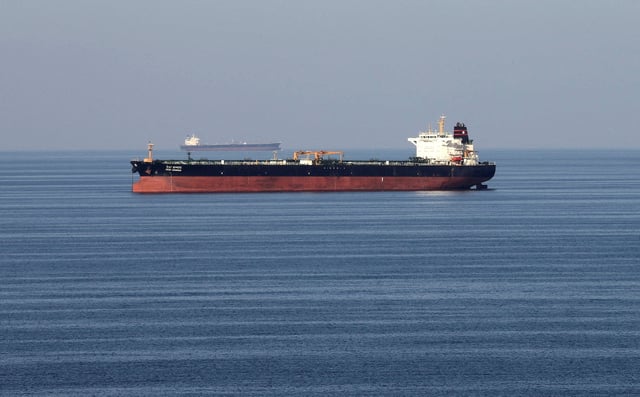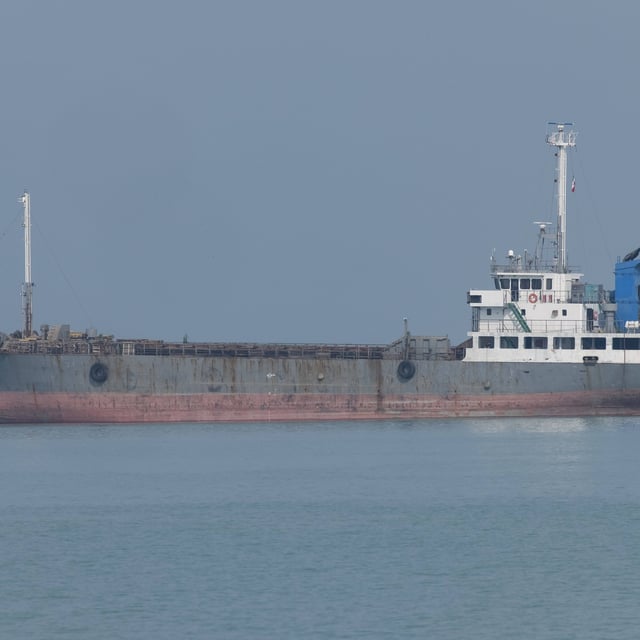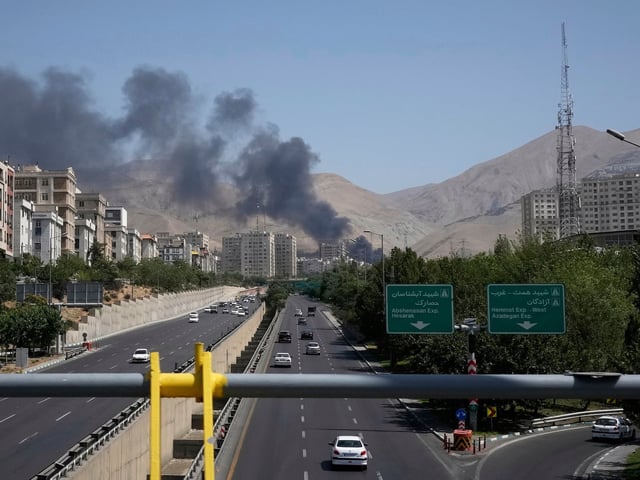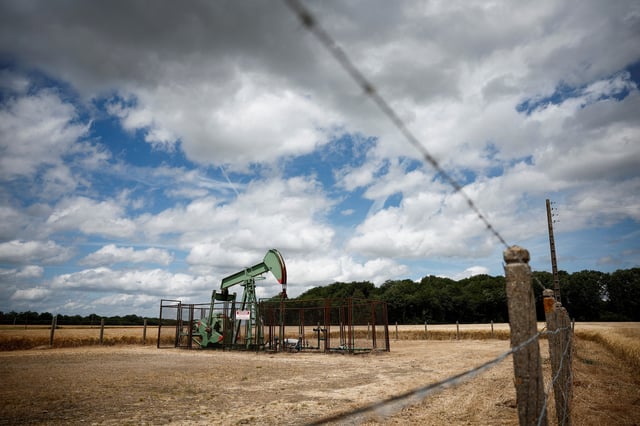Overview
- The air war between Israel and Iran has entered its seventh day, renewing concerns that Tehran may target the Strait of Hormuz and disrupt roughly 20% of global oil flows.
- Shell CEO Wael Sawan said the company is very careful with tanker movements in the Middle East and warned that electronic jamming of navigation systems has heightened supply chain risks.
- Brent crude prices have hovered near $78 per barrel while West Texas Intermediate has traded around $75, with volatility spiking on fears of conflict spillover and U.S. intervention.
- President Donald Trump has approved a military strike plan against Iran but withheld final authorization as he weighs whether Tehran will meet his demands.
- South Korea’s trade agency KOTRA launched an emergency task force, warning that extended hostilities could reverse export gains to the Middle East and disrupt regional trade flows.



